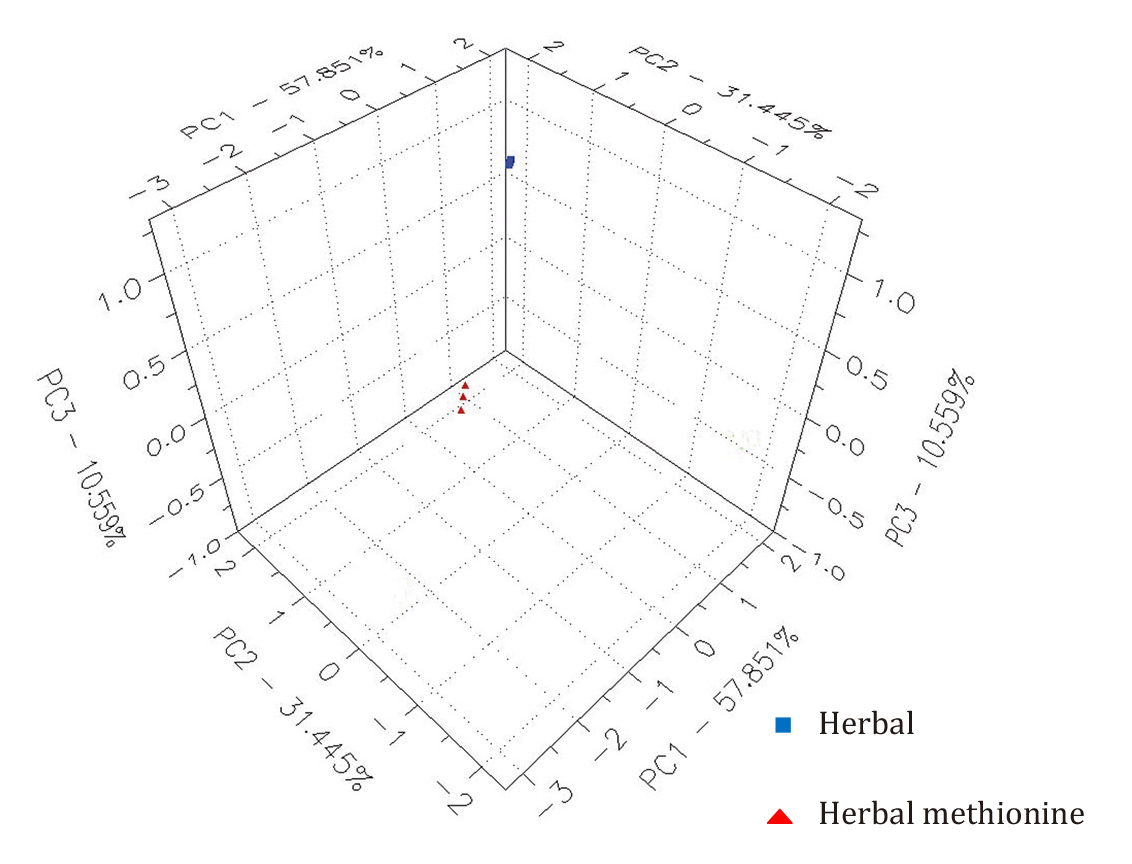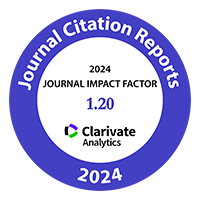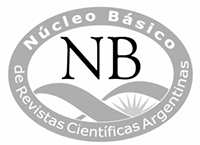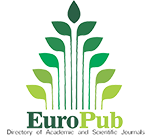Milk production in dairy cows supplemented with herbal choline and methionine
Keywords:
volatile compounds, herbal, dairy production, choline, methionineAbstract
The objective of this study was to evaluate the supplementation of herbal choline and methionine to dairy cows on milk production and milk composition during 60 days of lactation, while also identifying the volatile compounds of the herbal methionine and choline. Fourteen compounds were identified for herbal methionine and fifteen in herbal choline including aromas, alcohols, aldehydes and phenolics, some with nutraceutical properties. Twenty-multiparous Holstein cows (body condition score, BCS = 3.1 ± 0.15; mean ± SE) were fed a basal diet (16.3% CP, 1.6% DP and 1.71. Mcal/kg ME). Seven days after calving, cows were randomly assigned to treatments, which consisted of control basal diet or an oral dose of herbal choline (15 g/d) plus herbal methionine (10 g/d). The experiment lasted 60 days with measurements of milk production and composition every 7 days. Supplementation with herbal choline plus herbal methionine improved (P <0.05) milk production (32.96 vs. 34.03 kg/d) and 4% FCM (28.23 vs. 29.91 kg/d). Protein content decreased (P <0.05) on supplemented cows (29.9 vs. 31.7 g/kg). However, no effects on the remaining composition (fat, lactose, total solids and non-fatty solids) was found. Milk production can be improved by supplementing cows with the evaluated herbal sources of choline and methionine.
Downloads

Published
How to Cite
Issue
Section
License
Aquellos autores/as que tengan publicaciones con esta revista, aceptan las Políticas Editoriales.











.jpg)




